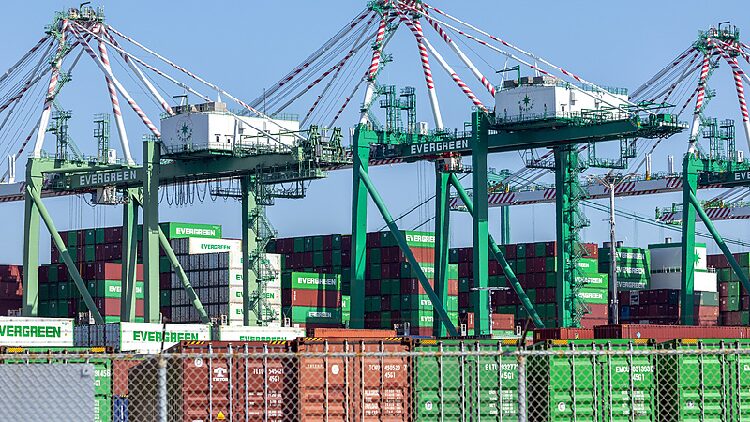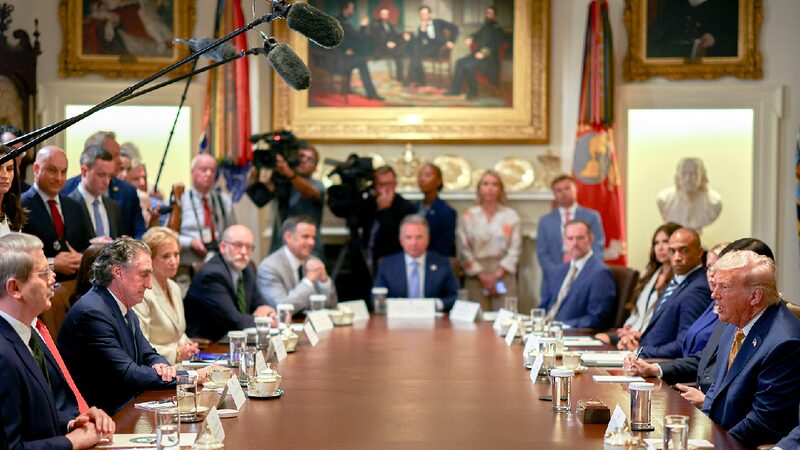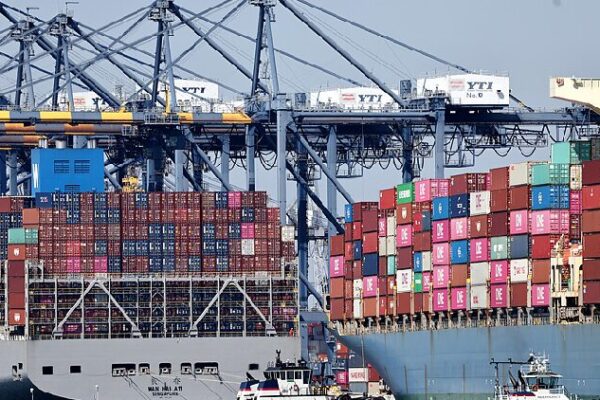Thailand Delays Trade Talks with U.S. as Japan Stands Firm
BANGKOK—Amid escalating trade tensions, Thailand has postponed its scheduled tariff negotiations with the United States. The decision comes as Japan also holds firm against U.S. demands, highlighting potential hurdles in Washington’s pursuit of new trade agreements in the region.
Thailand’s Foreign Ministry announced on Tuesday that the trade talks, originally set for later this month, have been deferred. “We are reviewing key issues to ensure that any agreement aligns with our national interests,” said a spokesperson for the ministry. “It’s important that negotiations are mutually beneficial.”
The United States is one of Thailand’s largest trading partners, accounting for a significant portion of its exports. However, recent U.S. trade policies have imposed higher tariffs on certain goods, prompting concerns in Bangkok about the impact on its economy.
Protecting National Interests
Meanwhile, in Tokyo, Japanese officials have indicated a reluctance to concede to U.S. demands in ongoing trade discussions. “Japan must protect its national interests,” said an official from Japan’s Ministry of Economy, Trade and Industry. “We aim for a fair agreement that benefits both countries.”
Japan and the United States have a complex trade relationship, especially regarding the automotive industry—a critical pillar of Japan’s economy. Previous negotiations have tackled issues like tariffs and market access, but differences remain.
Regional Implications
The stance taken by Thailand and Japan reflects a broader regional trend of asserting national interests amid global trade pressures. As Southeast Asian economies navigate the challenges of international trade policies, the outcomes of these negotiations could have significant implications for global markets.
Analysts suggest that delays and firm stances in trade talks are strategic moves to secure better terms. “Countries are becoming more cautious and are carefully assessing how agreements will impact their economies,” said a regional trade expert.
Looking Ahead
It remains to be seen how these developments will affect future trade relations. Observers are keeping a close eye on the situation, noting that collaborative efforts are essential for economic growth and stability in the region.
The delay in Thailand’s negotiations and Japan’s steadfast approach underscore the complexities of international trade in an increasingly interconnected world.
Reference(s):
Thailand delays tariff negotiations with U.S. as Japan won't concede
cgtn.com








